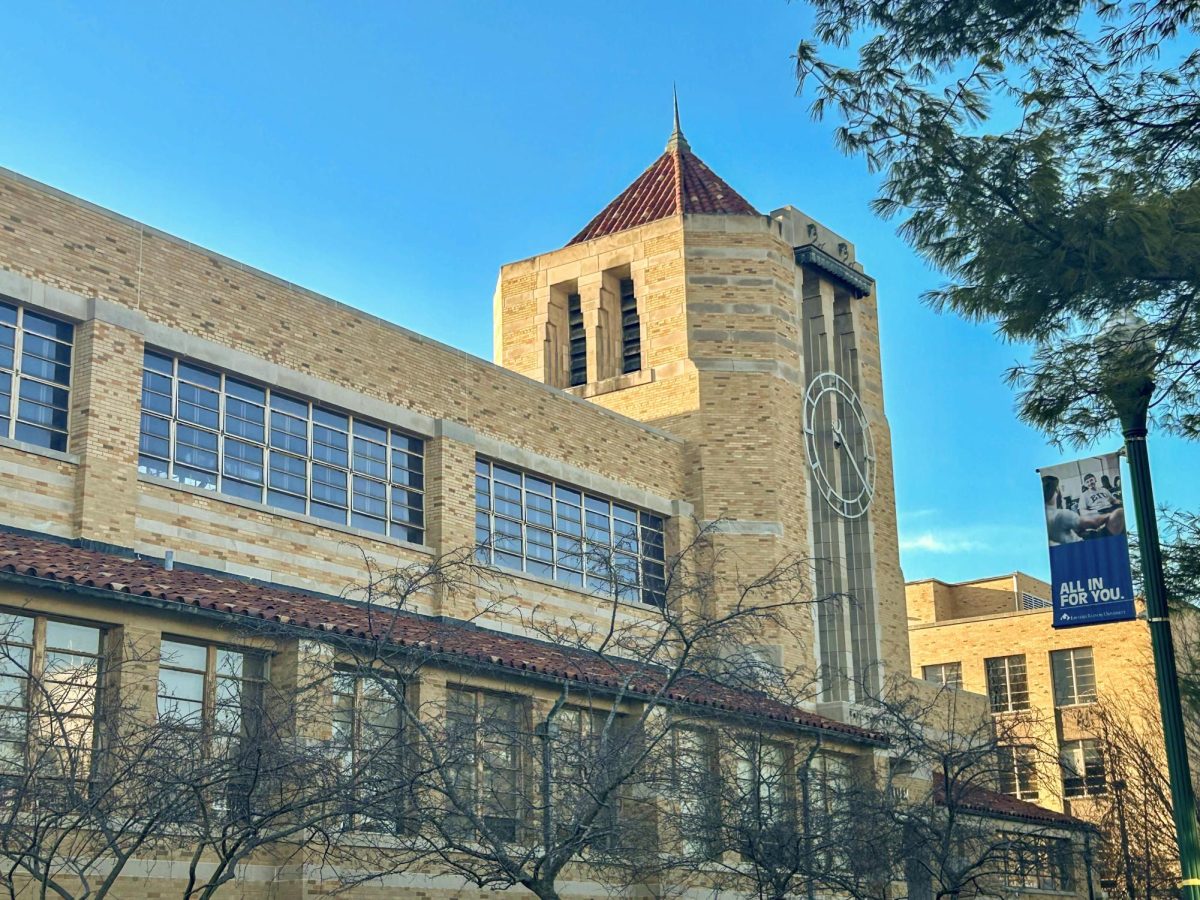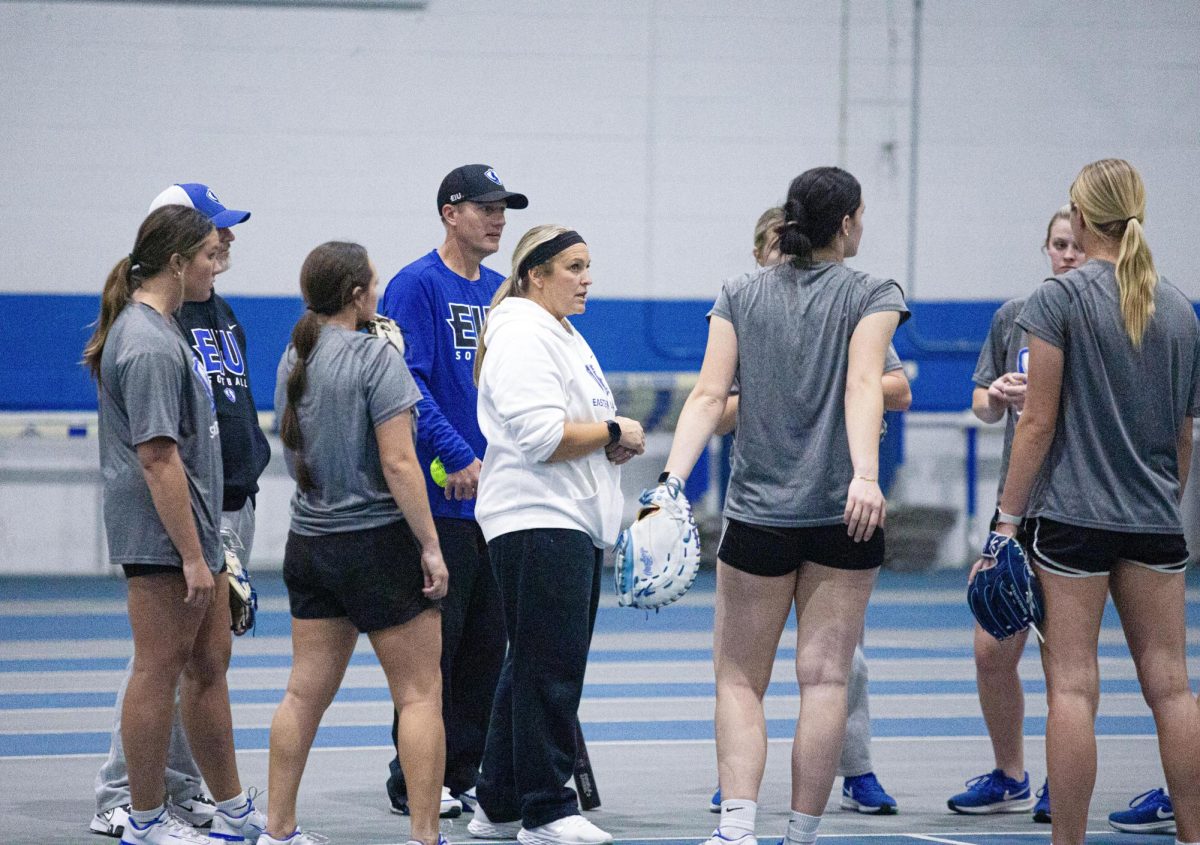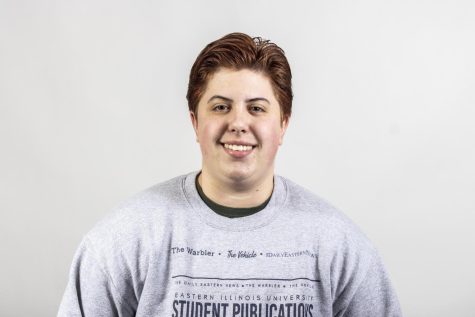Jewish students share thoughts on Passover, Judaism
March 28, 2021
Passover, a holiday which primarily commemorates the Jewish people’s exodus from Egypt, begins on day 15 of the Jewish month Nissan.
The Hebrew calendar operates differently from the calendar which most countries use, so this year Nissan 15 was March 27.
Passover, or “Pesach” in Hebrew, lasts for a week, during which time Jews are not supposed to eat chametz (leavened bread) or have it in their homes.
Many traditional Jewish foods are associated with Passover because they specifically make sure to leave any leavening agents out of the recipes.
On the first night of Passover, Jewish families have a ritualistic meal called the Seder which includes a series of specific foods that must be eaten and tasks- like washing your hands or saying prayers- that must be completed in a certain order.
For example, one step of this meal is called Maggid; the youngest person at the table asks a series of questions, and the answers to those questions tell the story of the first Passover.
Celebrating this holiday can be very different for college students since they’re away from their families.
Yael Bartov, a junior psychology major, said that while they didn’t observe the Seder this year, they’ll still try to avoid leavened foods during Passover.
“On normal occasions [outside of the pandemic] my family would have a Seder dinner and we’d read the Haggadah, which is basically the Passover guidebook,” Bartov said. “It’s kind of just one of those holidays that I’m not too big a fan of since a lot of things that I like to eat are leavened, and it’s especially difficult when you go to school with dining halls that most of the time don’t have much that isn’t leavened.”
For some students, college is the first time that they could explore their faith and recognize holidays like Passover due to their family’s decisions.
Peter Dompke, a sophomore English education major, said that they are mostly new to practicing Judaism.
“My family line was disrupted when my mother converted to Catholicism to marry my dad before I was born,” Dompke said.
Judaism is traditionally matrilineal, meaning that only people with Jewish ancestry on their mother’s side are thought of as Jewish.
“To me, being able to authentically celebrate Passover with friends, included in a community, is a dream to work towards,” Dompke said. “Jewish law is contested and convoluted at times, and depending on which rabbi I approach I may be considered a convert or a born Jew who was lost. Holidays like this make me more sure that this is what I want to be either way, and even if I may not be participating especially, a time like this makes me even more happy to dive into texts to study.”
While both Bartov and Dompke said that their Jewish identity didn’t have much memorable effect on their day-to-day lives, Bartov did have experiences being singled out at times in school.
“I do remember being one of the only, if not the only Jewish kid in my class up until high school, and even then the other Jewish kid was a year behind me so I didn’t share any classes with him outside of French. I remember every time we’d talk about the holocaust everybody would turn to stare, or the obligatory questions from kids during Christmas time when they’d always ask about if I get 8 presents because Hanukkah lasts 8 days,” Bartov said. “I guess I did always sort of feel like an outsider, and as little as I know about my religion and culture or as little as I feel connected, it was and is nice to be able to find other Jews in school.”
Luke Taylor can be reached at egtaylor@eiu.edu.






![[Thumbnail Edition] Eastern Illinois University baseball's hitting coach and recruiting coordinator Mike Pugliese urges players on the team to increase their effort after a slow start to its pregame routine at the team's first intrasquad scrimmage of the season at O'Brien Field on Jan. 31, 2025.](https://www.dailyeasternnews.com/wp-content/uploads/2025/03/BB_02_O-1-e1741909628540-1200x702.jpg)
![[Thumbnail Edition] Senior tennis player Luisa Renovales Salazar hits the tennis ball with her racket at the Darling Courts at the Eastern Illinois University campus in Charleston, ILL.](https://www.dailyeasternnews.com/wp-content/uploads/2025/03/Tennis_01_O-1-e1741807434552-1200x670.jpg)


![[Thumbnail Edition] Senior right-handed pitcher Tyler Conklin pitching in the Eastern Illinois University baseball team's intrasquad scrimmage at O'Brien Field in Charleston, Illinois on Jan. 31.](https://www.dailyeasternnews.com/wp-content/uploads/2025/03/TC_01_O-e1741567955534-1200x669.jpg)






![[Thumbnail Edition] Senior, forward Macy McGlone finds an open teammate to pass the ball too during the game against the Tennessee State Tigers 69-49, in Groniger Arena on the Eastern Illinois University campus, Charleston Ill.](https://www.dailyeasternnews.com/wp-content/uploads/2025/03/WBB_02_O-1-e1741228987440-1200x692.jpg)


















![E[Thumbnail Edition] Eastern Illinois softball freshman utility player Abbi Hatton deciding to throw the softball to home plate in a fielding drill during softball practice at the field house in Groniger arena on Tuesday Feb. 11.](https://www.dailyeasternnews.com/wp-content/uploads/2025/03/SB_03_O-e1741208880750-1-e1741209739187-1200x815.jpg)
















![The Weeklings lead guitarist John Merjave [Left] and guitarist Bob Burger [Right] perform "I Am the Walrus" at The Weeklings Beatles Bash concert in the Dvorak Concert Hall on Saturday.](https://www.dailyeasternnews.com/wp-content/uploads/2025/03/WL_01_O-1200x900.jpg)
![The team listens as its captain Patience Cox [Number 25] lectures to them about what's appropriate to talk about through practice during "The Wolves" on Thursday, March 6, in the Black Box Theatre in the Doudna Fine Arts Center in Charleston, Ill.](https://www.dailyeasternnews.com/wp-content/uploads/2025/03/WolvesPre-12-1200x800.jpg)


















